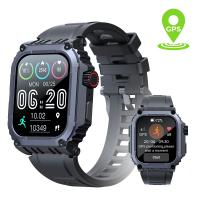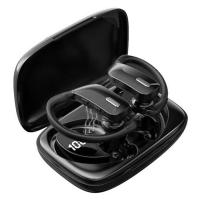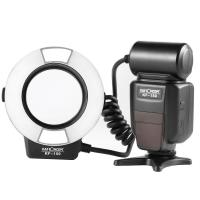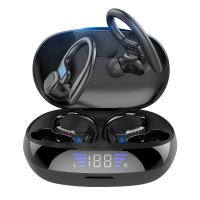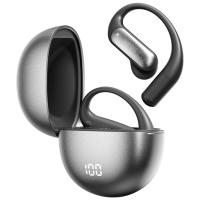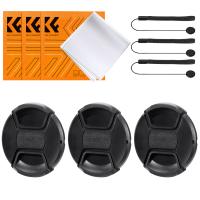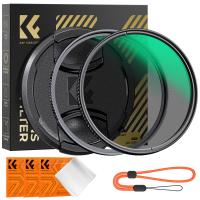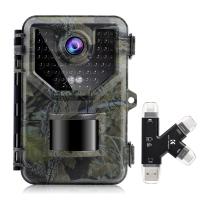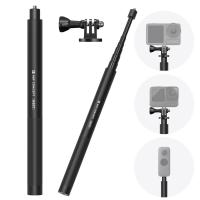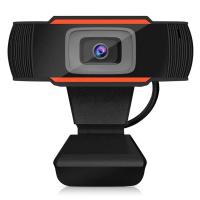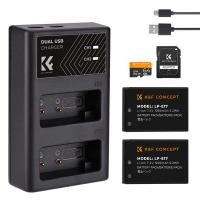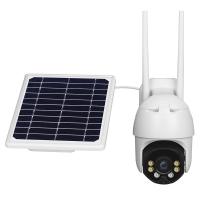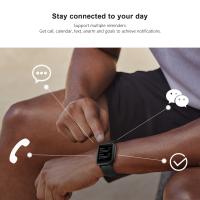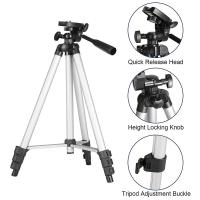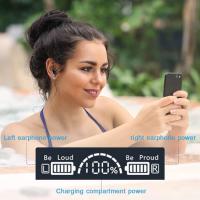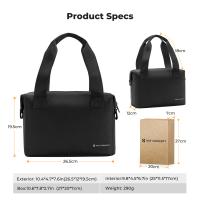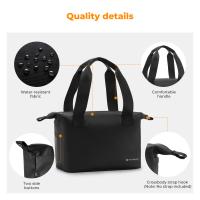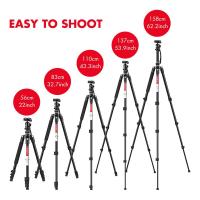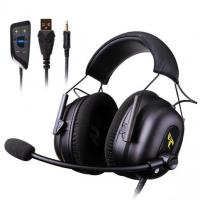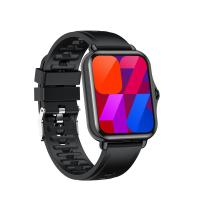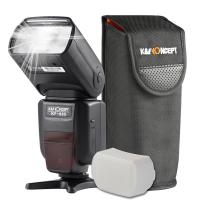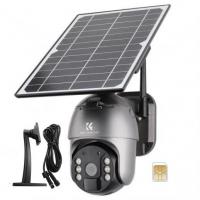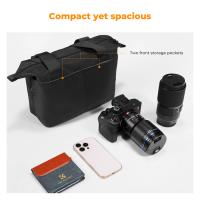Can I Sleep With Earbuds?
Sleeping with earbuds is a popular practice for many individuals seeking to enhance their sleep quality through soothing sounds, meditation guides, or white noise. However, while it may seem like a simple solution, there are several considerations to weigh before making this a nightly habit. In this article, we'll explore the pros, cons, and practical alternatives to using earbuds while sleeping. Whether you're hoping to fall asleep faster or minimize environmental disruptions, this guide aims to provide you with clear insights and actionable advice.
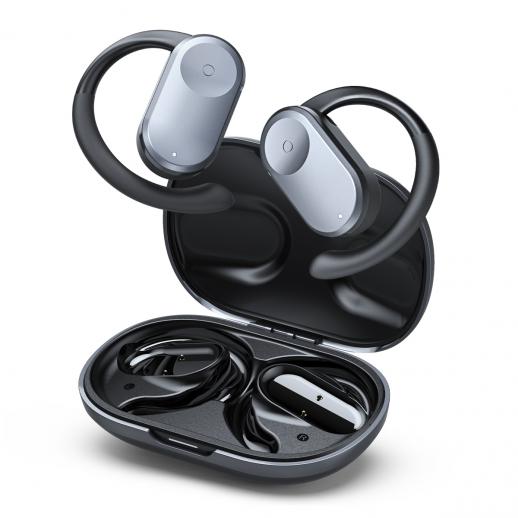
---
Why People Choose to Sleep with Earbuds
1. Noise Cancellation: For people living in noisy environments—such as near busy roads or with noisy neighbors—earbuds can provide a buffer against unwanted sounds.
2. Soothing Sounds: Many apps and playlists offer calming music, nature sounds, or white noise to help people relax and drift into sleep.
3. Personal Comfort: Some find listening to audio books, podcasts, or guided meditations helps quiet a restless mind before sleep.
4. Privacy: Earbuds are a discreet option, especially for those who don’t want to disturb a partner or roommate.
---
The Downsides of Sleeping with Earbuds
While earbuds may seem like the perfect solution, there are notable drawbacks to this habit. These range from mild inconveniences to serious health concerns.
1. Physical Discomfort
Wearing earbuds all night can cause discomfort, especially if you're a side sleeper. Prolonged use can lead to:
- Ear canal irritation due to pressure from the earbud tips.
- Skin irritation from constant contact with materials not designed for extended wear.
- Pain in the ear or jaw due to the earbud pressing against sensitive areas.
2. Risk of Ear Infections
Earbuds can trap moisture and heat in the ear canal, creating an environment conducive to bacterial growth. Common issues include:
- Otitis externa (swimmer's ear), an infection of the outer ear canal.
- Accumulation of earwax around the earbud, which can lead to blockages or infections.
3. Hearing Damage
If the volume is set too high, even for soothing sounds, prolonged exposure can harm your hearing. The delicate hair cells in the inner ear can sustain irreversible damage, leading to conditions like:
- Noise-induced hearing loss (NIHL).
- Persistent tinnitus or ringing in the ears.
4. Disrupted Sleep Patterns
While earbuds can help you fall asleep, they might not guarantee uninterrupted sleep. Potential issues include:
- Disconnection from ambient cues (e.g., alarms, emergencies) due to noise isolation.
- Discomfort or tangling with cords (if using wired earbuds) disrupting your sleep.
---
Mitigating the Risks: Tips for Safe Use
If you decide to continue using earbuds while sleeping, the following practices can help minimize potential risks:
1. Opt for Specialized Sleep Earbuds
Consider devices specifically designed for sleep:
- Low-profile designs that are comfortable for side sleepers.
- Wireless models to avoid tangling and ensure ease of use.
- Features like automatic shut-off or timers to reduce prolonged exposure.
2. Maintain Proper Hygiene
- Clean your earbuds regularly to prevent bacterial buildup.
- Avoid sharing earbuds with others to minimize the spread of germs.
- Allow your ears to rest during the day to reduce irritation.
3. Monitor Volume Levels
- Keep the volume below 60% of the maximum to protect your hearing.
- Consider audio settings that reduce high-frequency or sharp sounds.
4. Experiment with Alternatives
- Sleep headphones: These are typically soft headbands with built-in speakers, designed to be more comfortable for all-night use.
- White noise machines: These provide similar benefits without physical contact.
- Earplugs: For pure noise-blocking without sound, foam or silicone earplugs can be an effective alternative.
---
Exploring Alternatives
While earbuds might work well for some, others may benefit from exploring alternatives tailored to their specific needs. Here’s how different methods can achieve similar outcomes without the risks.
White Noise Machines
These devices generate ambient sounds or white noise to mask disruptive noises. Benefits include:
- No physical contact with your ears.
- Coverage of an entire room, making it a good option for partners who share sleep preferences.
Smartphone Apps with Timers
Many meditation and music apps offer timers that stop playback after a set period, reducing the chances of prolonged exposure. Pair these apps with external speakers for a safer option.
Soundproofing the Environment
Improving your sleep environment can eliminate the need for earbuds entirely:
- Install heavy curtains or double-glazed windows to block external noise.
- Use rugs and furniture to absorb sound in noisy apartments.
- Negotiate quiet hours with neighbors if feasible.
Behavioral Adjustments
- Establish a bedtime routine that promotes relaxation without auditory aids, such as:
- Meditation or mindfulness exercises.
- Reading a book or journaling.
- Avoid stimulants like caffeine or screens before bedtime.
---
Frequently Asked Questions
Is it safe to use noise-canceling earbuds for sleep?
Noise-canceling earbuds can be beneficial in reducing external disruptions, but they come with the same risks as regular earbuds if used improperly. Comfort and hygiene are key factors.
Can sleeping with earbuds cause permanent hearing loss?
Extended exposure to sound, especially at high volumes, can contribute to noise-induced hearing loss over time. It's essential to monitor and limit your usage.
Are wireless earbuds safer than wired ones for sleeping?
Wireless earbuds eliminate the risk of tangling but still carry risks related to discomfort, ear infections, and potential hearing damage.
What’s the best alternative for light sleepers?
Sleep masks with built-in speakers or soundproofing techniques can help light sleepers achieve rest without the drawbacks of earbuds.
---
Final Thoughts
Sleeping with earbuds might offer short-term relief for noisy environments or restless minds, but it’s important to weigh the potential risks. For occasional use, practicing proper hygiene and selecting high-quality, sleep-friendly earbuds can help mitigate problems. However, if you find yourself relying on this method regularly, it might be worth exploring safer and more sustainable alternatives like white noise machines or behavioral changes.
Ultimately, the best solution is one that promotes uninterrupted sleep while safeguarding your hearing and overall health. If you’re unsure about your habits, consult a healthcare professional to ensure your approach aligns with your well-being.

